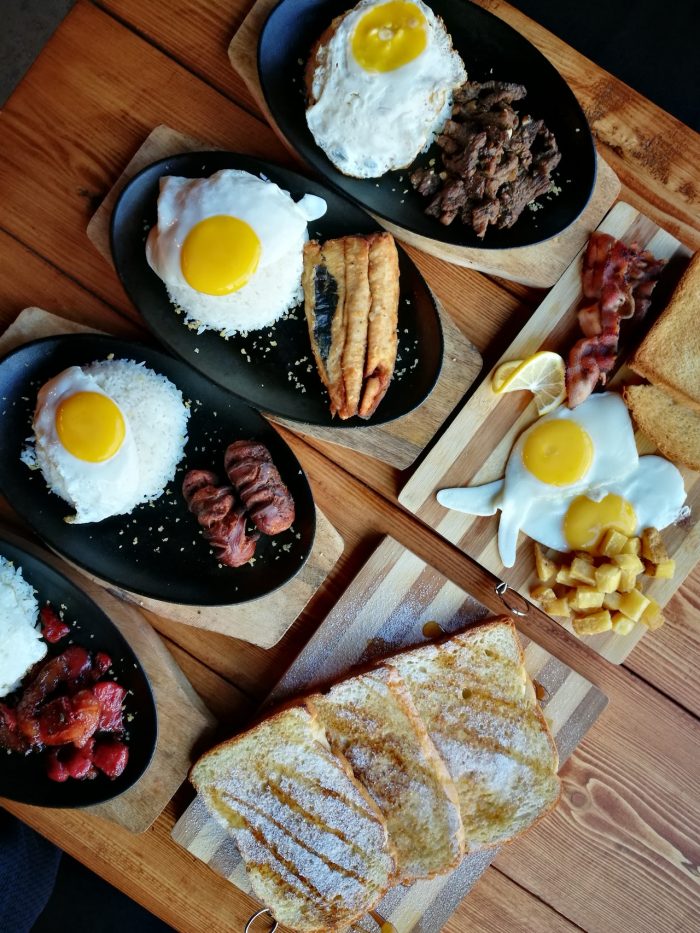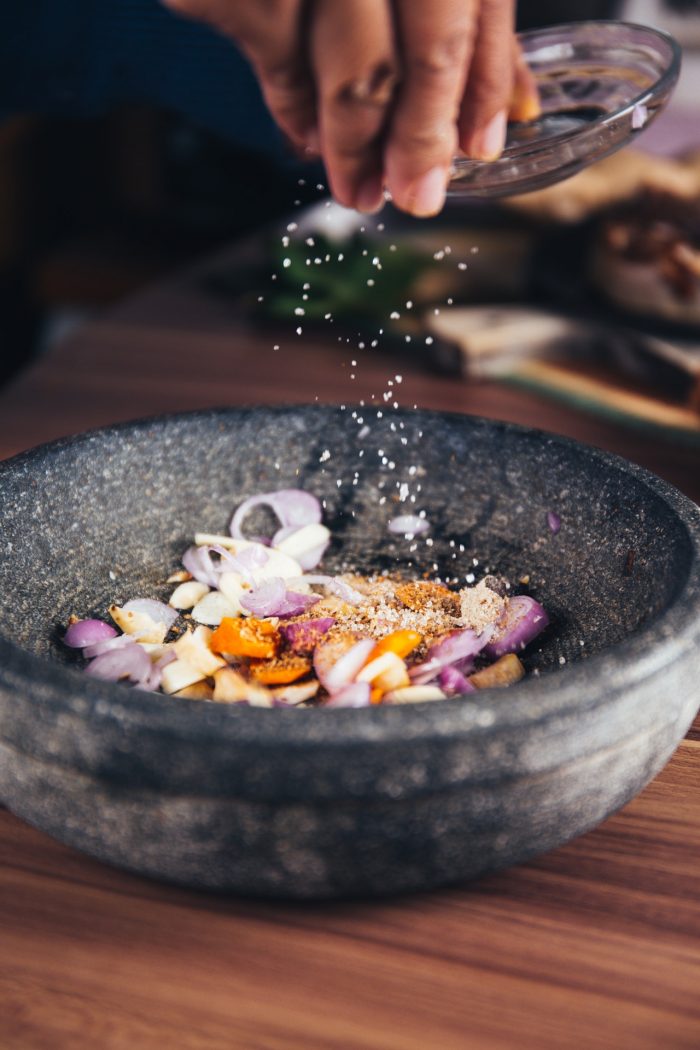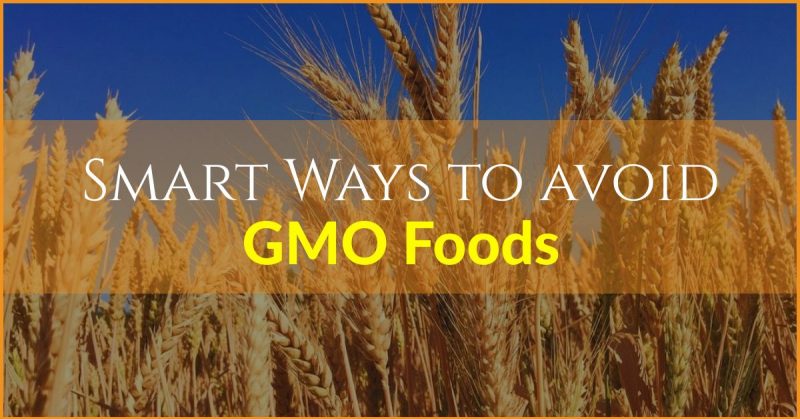The debate on the safety of genetically modified organisms (GMO) has left most consumers in the dark. Whereas the proponent says they are good for consumption, opponents cite severe health complications for those exposed to GMOs. The best thing is to avoid. However, these foods are in the market and you might have consumed them without knowing. But how can you avoid GMO foods?
Well, the best way to avoid GMO foods is first learning how to identify GMOs. You need to learn how to distinguish them from other foods. Unfortunately, most people have no idea on how to tell GMO foods from non-GMOs. But we’ve got you covered. Here are 10 tips on how to avoid GMO foods:
1. Look for Non-GMO Seal
One of the best ways to avoid GMO foods is by looking for the non-GMO-verified seal. GMOs requires no labelling, and that’s how most people end up buy these foods without knowing. So, you should always buy food that has the non-GMO seal. If the food does not carry this seal, the possibilities of it being GMO are very high. So, always check for the seal to avoid getting confused. That’s one of the easiest ways you can avoid genetically modified food when shopping.
2. Buy Fresh Fruits and Vegetables
One of the biggest mistakes that gets people exposed to GMOs is buying imported fruits and vegetables. Most of this food takes weeks to be shipped to the market and that means their shelf life must be enhanced in some ways. So, the possibility of this food being GMO is high. For example, by buying papaya, zucchini and sweet corn from China or Hawaii, you are at high risk of buying GMOs. So, buy fresh fruits and vegetables from the local farmer’s market. In Australia, the government has banned the production of GMO fruits and vegetables. So, you are safe.
3. Go Organic
Organic foods are grown naturally without chemical products. That includes the use of chemical pesticides, herbicides or synthetic fertilisers. The fact that these foods are grown in their natural form means that the likelihood of them being non-GMO is almost zero. All foods stores that sell organic foods always label them ‘organic’ to distinguish from others. So, if you are buying for the first time, ask if your supermarket is selling organic food. If this does not work, buying from the farmers market. No small farmer has the capacity or interest to cultivate GMO foods.
4. Avoid Processed Foods

One of the biggest culprits of GMOs is processed foods. These foods are made for long shelf life. Genetic modification is one of the ways to achieve such longevity. So, if you want to avoid consuming GMO food, then you must stop buying processed food. Most of this food is usually imported and not labelled GMO. So, go for wholemeal food, and mostly, ones that have been grown and processed here in Australia.
5. Avoid Imported Corn and Soy
Dry grains, beans, seeds and nuts are a crucial part of a healthy diet. However, some of this food has been found to have GMO components especially those imported from China and the US. In their country of origin, the law allows for GMO food cultivation. Some of the most affected are the imported soy and corn. So, unless they are produced in Australia, then you should avoid these foods. However, you need to check their country origin because some of the countries have a total ban on anything GMO. Tip – soy and corn from China or Hawaii have a high possibility of having GMO components.
6. Buy from Farmers Market
One of the safest ways to avoid GMO foods is buying from the farmers market. These markets are run by small scale farmers who have no capacity or interest in growing GMO foods. In addition to that, most of these farmers grow their food organically. So, you will not only be buying GMO-free foods but also chemical-free foods. You will also get to save a lot of money since prices are a bit low at the farmers market. Check for these markets in your area and when they open. Try to be among the first buyers for you to get the best produce.
7. Grow Your Own Food
If you have a piece of land in your place or your yard is big enough to support a little bit of farming, then grow your own foods. It is the surest way to avoid getting tricked to buying unsafe food. Depending on the size of your yard, you can grow a vaster range of foods. The best foods to grow are vegetables and fruits. However, you must ensure that you are buying non-GMO seeds.
8. Be Careful with the Cooking Oil
You may have shopped for non-GMO food but forget to check one thing- the cooking oil. There are several ingredients used to produce cooking oil and some of them have GMO components in them. For example, most people use vegetable oil. But these oils may contain cottonseed and canola oils, which are two GMO crops cultivated in Australia. So, if the vegetable oils have soy, corn, cottonseed oil and canola oil, avoid it. Go for olive, coconut, peanut, sesame, avocado, and flaxseed oils since they are GMO-free.
9. Beware of Additives

Most people don’t remember to check additives when buying food. Most of the additives such as corn, canola, soy, sugar beets and cotton are GMOs. So, when buying packed foods, always look for the additive label. If you find any of the five additives, there is a high possibility of the food having GMO component.
10. Choose Organic Dairy and Beef
Statistics show that the demand for dairy products and beef in Australia have been rising over the years. With the local farmers unable to meet the demand, it is left for the importers to bridge the gap. Unfortunately, some of the imported beef and dairy products may have GMO components. That’s why you should go organic. Consuming local dairy and beef is the safest way to avoid GMOs.
The GMO problem is a global problem. With their safety still unclear, the best thing to do is to avoid them. But these foods could be anywhere including the store near you. And since they are usually not labelled, it is difficult for consumers to avoid them. Try these ten tips, and you will reduce the possibility of consuming GMOs foods to almost zero.
